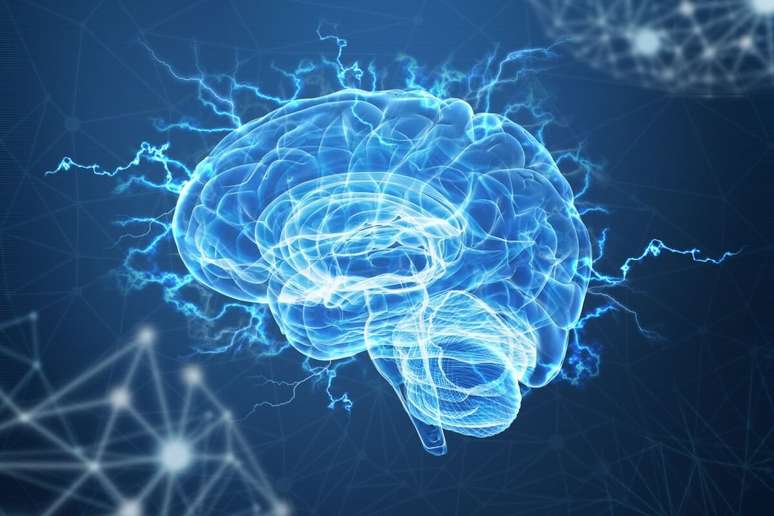Nootropic supplements can help improve concentration, creativity and reduce stress
Food plays a vital role in brain health, being one of the primary ways to promote and maintain cognitive function throughout life. In addition to traditional foods, advanced technology has highlighted nootropics, foods and supplements known to improve mental performance without causing side effects. To maximize cognitive benefits, you need to eat a balanced and diverse diet, rich in natural and minimally processed foods.
What are nootropic foods?
According to nutritionist Dr. Marcella Garcez, director and professor of the Brazilian Association of Nutrology (ABRAN), so-called nootropic foods – whose name comes from the Greek “nóos” (mind) and “trope” (direction) – would have the ability to help improve mental performance without negative side effects. These are foods or supplements rich in substances that stimulate our cognitive capacity, increasing memory, attention, concentration or motivation.
“Nootropics have been used by humans for thousands of years and many new compounds with greater efficacy have been discovered today. Some nootropic foods have been used since ancient times, such as coffee and cocoa, among others,” explains the nutritionist.
Biotec’s pharmacist and technical manager, Maria Eugênia Ayres, adds: “In pharmaceutical pharmacies, nootropic ingredients are found in forms that go beyond capsules, such as chocolates, tremble and soups. They can be prepared and consumed quickly before work, as a snack in the office or while studying to improve cognitive functions.”
How to consume supplements safely?
Dr. Marcella Garcez indicates that ideally nootropic supplements and medications should be prescribed by a doctor, but foods that have the functionality of improving attention and cognition can be included in a program. habit eat healthy.
“They are indicated when there is a need to improve brain performance, memory and concentration. Among the foods with nootropic functions there are: salmon, rich in DHA, and eggs, a source of phosphatidylserine; black tea, rich in theanine and caffeine, like coffee and Green teawhich also contains catechins in its formula. Vegetables, fruits, grains and meat provide essential vitamins and minerals for brain health.”
The nutritionist explains that “B-complex vitamins, such as B1, B6, B9 and B12, are potential suppliers of brain energy. Vitamins C and E and minerals such as magnesium and zinc also ensure the proper functioning of synapses and nerve impulses and act in the production of neurotransmitters such as dopamine and serotonin, essential for controlling anxiety and with antidepressant action”.
According to the doctor, the lack of some of these nutrients, in turn, can cause some symptoms. Examples include mood changes, irritability, depression, slow learning, vision changes, hearing problems, mental confusion, headaches, dementia, fatigue, memory problems, hyperactivity, emotional changes, and anxiety.

Foods That Help Improve Brain Health
Finally, to improve brain health, the nutritionist mentions two other foods that can be included in a balanced dietvaried and as natural as possible: blueberries and walnuts.
“Blueberries are considered one of the most powerful foods for brain health because they are a fruit very rich in antioxidant polyphenols, vitamins and fiber, whose properties help delay the deterioration of memory and cognition. Walnuts contain soluble fiber and omega 3 fatty acids in their composition – which, in addition to balancing cholesterol, acts against stress, concludes Dr. Marcella Garcez.
By Pedro Del Claro
Source: Terra
Ben Stock is a lifestyle journalist and author at Gossipify. He writes about topics such as health, wellness, travel, food and home decor. He provides practical advice and inspiration to improve well-being, keeps readers up to date with latest lifestyle news and trends, known for his engaging writing style, in-depth analysis and unique perspectives.








